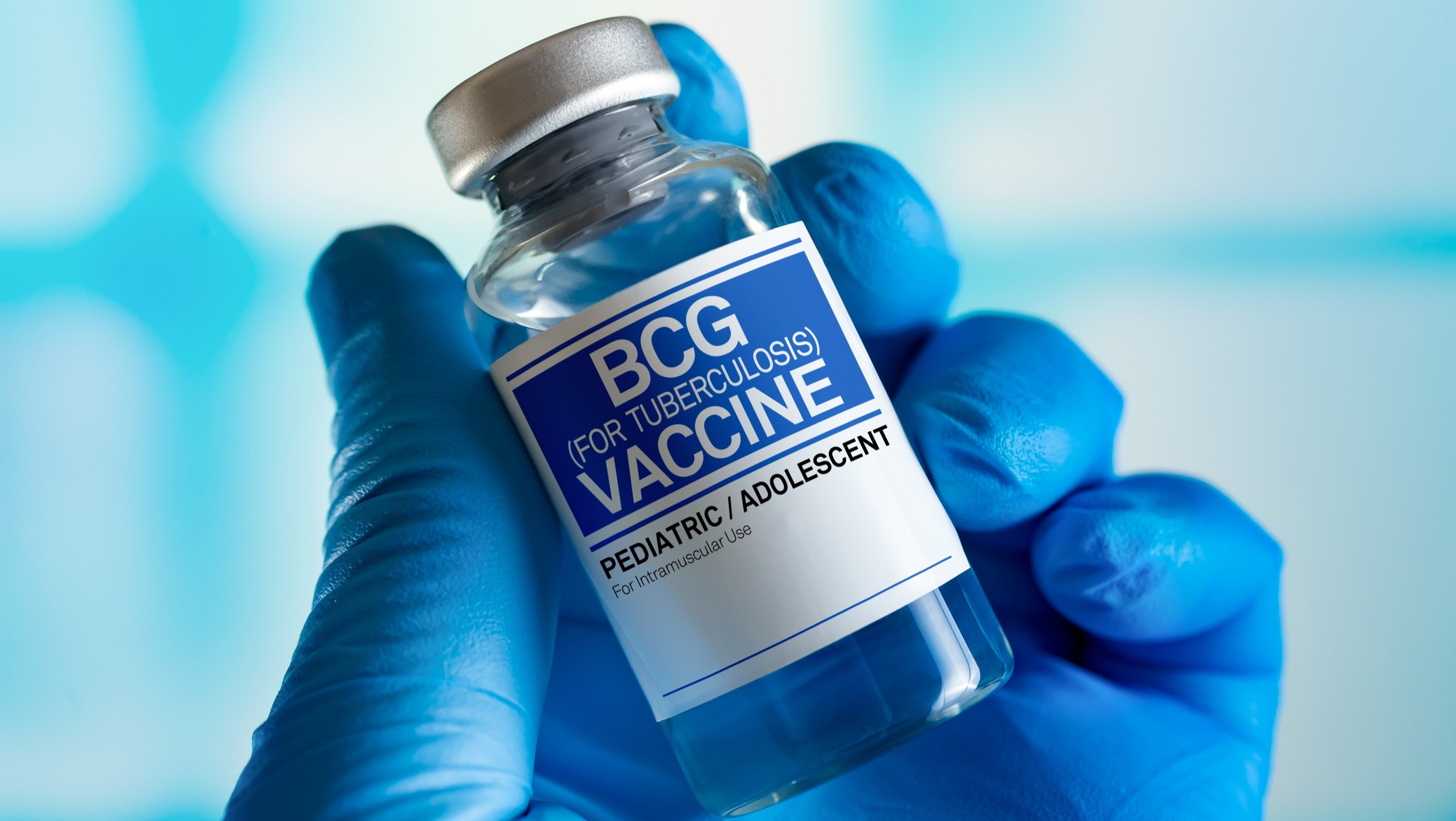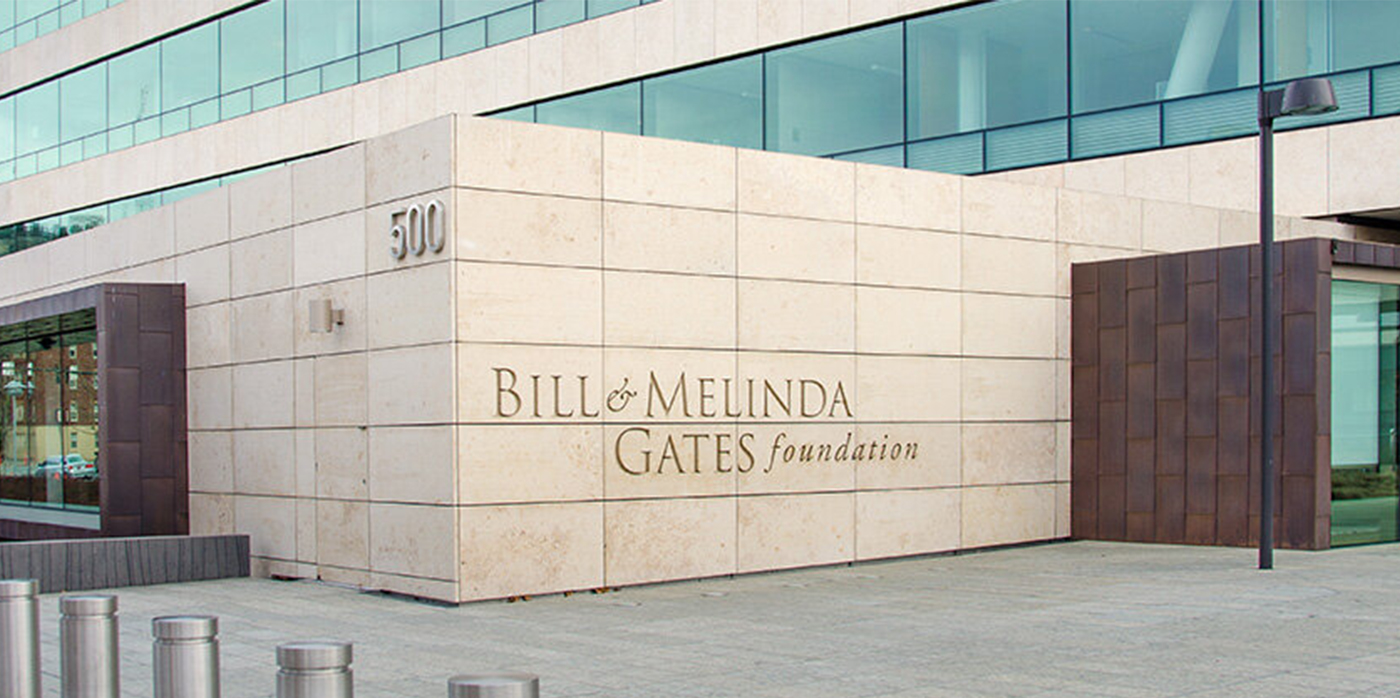Efforts to end the tuberculosis pandemic may gain a significant boost following the funding of a promising vaccine candidate for its final phase of clinical trials.
The Bill and Melinda Gates Foundation and Wellcome announced Wednesday they would invest approximately $550 million into Phase III trials for a tuberculosis vaccine initially developed by the pharmaceutical company GSK.
The vaccine, known as M72, has been in limbo since 2019 when GSK discontinued it due to a lack of commercial viability.
If the upcoming trials are successful and regulatory approval is granted, M72 would become the first new vaccine in a century to combat a disease that claimed 1.6 million lives in 2021.
Tuberculosis infected more than 10 million people in 2021, with the majority of cases occurring in low- and middle-income countries, according to the World Health Organization (WHO). Among infectious diseases, only COVID-19 was deadlier.
Currently, TB is primarily treated with drug therapies. The existing TB vaccine, known as the BCG vaccine, is mainly effective in infants and children, who represent a tenth of the infected population.
Proof-of-concept trials for M72 indicated it could prevent pulmonary disease in 54 percent of TB-infected adults, surpassing the WHO benchmark of 50 percent efficacy in adults.
“Scientifically, it’s huge,” said Eric Rubin, a researcher at the Harvard T.H. Chan School of Public Health and editor of the New England Journal of Medicine, whose lab studies the bacterium that causes TB.
“If you were able to drive down the rate of TB by half, that would save a really substantial number of lives in the world.”
Drug-resistant strains of TB continue to multiply each year, complicating efforts to eradicate the disease. The existing BCG vaccine, first introduced in 1921, is only moderately effective, even in children.

The delay between M72’s trial phases underscores persistent issues with inequity in treating infectious diseases, noted immunologist Thomas Scriba, deputy director of the South African Tuberculosis Vaccine Initiative (SATVI), which is helping to organize the Phase III study. SATVI was also involved in the 2019 trial of the vaccine.
GSK licensed its experimental TB vaccine to the Gates Medical Research Institute in 2020 after deciding not to fund the Phase III trials.
The vaccine shares a key component with another GSK product, a shingles vaccine that has generated billions in revenue. Many shingles patients live in higher-income countries, such as the United States, where most health insurers can cover the cost.
“With COVID, we saw vaccines and even treatments that are still not available for us in the Global South,” Scriba said. “Should this vaccine show efficacy and be licensed, we must absolutely make sure it’s going to be available to those who need it.”
M72 is not the only promising TB vaccine candidate in development. Afrigen, a WHO-supported hub in South Africa, began working on its own vaccine last year using mRNA technology that powered the most effective coronavirus vaccines. The Gates Medical Research Institute is also developing other TB vaccines and therapeutics.
M72 has advanced further than more than a dozen other candidates. Researchers will enroll 26,000 people at trial sites across Africa and Southeast Asia beginning next year to test it among a large pool.
Scriba mentioned that the trial’s end date would depend on how long it takes for a sufficient number of participants to become infected. Only 39 people in the vaccine’s Phase II trial fell ill, a small sample size compared with the upcoming trial.
The approval process and rollout may present logistical and financial challenges, meaning the trial funding is just one step toward a widely available TB vaccine. Such a vaccine could prevent 8.5 million deaths over the next 25 years, according to WHO estimates.
If proven effective and safe, M72 is unlikely to eradicate TB entirely. Alexander Pym, the director of infectious disease at Wellcome, described it as “a valuable addition to our toolkit” in a news release.
New public health measures, therapeutics, and diagnostics are also integral to the WHO’s strategy for reducing TB deaths by 90 percent by 2030.
